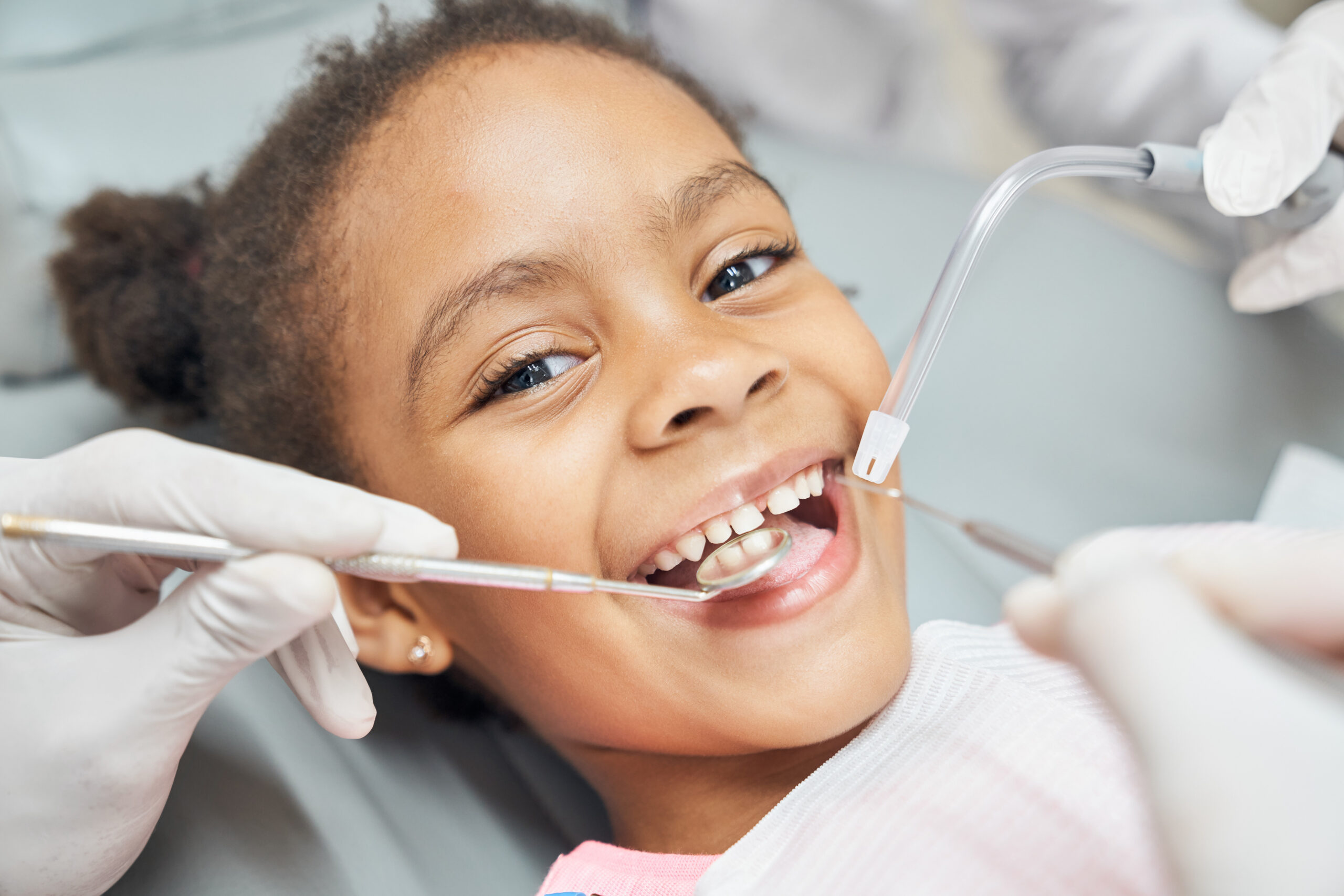
The world of parenting is filled with a seemingly endless list of milestones and firsts, each one accompanied by a wave of questions. Amidst the sleepless nights and the joyful chaos, one question that often arises is about a child’s oral health: when is the right time for that first dental visit? For many parents, the thought of taking a one-year-old to the dentist seems premature, almost absurd. After all, they may only have a few teeth. Yet, this initial appointment is far more than just a check for cavities; it’s a foundational step in establishing a lifetime of good oral hygiene habits. The advice from dental professionals has shifted over the years, and the current consensus is both clear and compelling.
The current consensus is both clear and compelling.
The American Academy of Pediatric Dentistry (AAPD) and the American Dental Association (ADA) recommend that a child’s first dental visit should occur no later than their first birthday, or within six months after the first tooth erupts, whichever comes first. This guideline, which might seem surprisingly early to some, is based on a solid understanding of early childhood dental development and the rapid onset of potential problems. The primary goal of this initial visit is not to perform complex procedures but to establish a “dental home” for the child. This means creating a relationship with a dentist who will provide ongoing care, education, and support as the child grows. It’s about proactive care, not reactive treatment.
The primary goal of this initial visit is not to perform complex procedures but to establish a “dental home” for the child.
During this first appointment, the dentist will conduct a simple, quick examination. The child will likely sit on the parent’s lap, which helps them feel secure and comfortable. The dentist will gently check the existing teeth for any signs of decay, assess the gums, jaw, and bite, and look for any issues with the developing mouth. They will also discuss oral hygiene practices with the parent, offering guidance on proper brushing techniques, the use of fluoride, and the risks of bottle feeding and sippy cups. This is an educational visit as much as it is an examination. It provides parents with the information they need to care for their child’s teeth at home and to prevent problems before they start.
The dentist will gently check the existing teeth for any signs of decay, assess the gums, jaw, and bite, and look for any issues with the developing mouth.
One of the most common issues that a pediatric dentist looks for at this early stage is what is known as “early childhood caries,” or ECC. This is a form of decay that can affect a child’s teeth as soon as they emerge. It is often linked to prolonged exposure to sugary liquids, such as juice or milk, particularly when a child falls asleep with a bottle. The sugars in these liquids can pool around the teeth, providing a perfect environment for bacteria to produce acid, which in turn erodes the tooth enamel. Catching these early signs and educating parents on how to prevent them is a critical part of the initial visit. Delaying the first appointment can allow this type of decay to progress, leading to pain and more extensive and difficult treatments later on.
The sugars in these liquids can pool around the teeth, providing a perfect environment for bacteria to produce acid.
Beyond just cavities, the first dental visit also allows the dentist to identify any potential developmental issues with the jaw or teeth. They can check for a proper bite and look for any signs of tongue-tie or other oral anatomy concerns that could affect speech or eating. This early assessment can be crucial for addressing problems before they become more complex. The dentist can also provide advice on thumb-sucking or pacifier habits, helping parents understand the potential impact on their child’s teeth and providing strategies for gentle weaning. This holistic view of oral development is something that can only be achieved through a professional examination.
This early assessment can be crucial for addressing problems before they become more complex.
The psychological aspect of this first visit is often underestimated. By starting dental visits early and making them a regular, positive experience, parents can help their child develop a comfort level with the dentist’s office. A child’s first introduction to the dentist should not be in response to pain or an emergency. A routine, non-invasive check-up at a young age can prevent the development of dental anxiety, a common fear that can persist into adulthood and lead to a lifetime of avoiding necessary dental care. The environment of a pediatric dental office is designed to be child-friendly, with colorful decorations, toys, and a relaxed atmosphere, all of which contribute to a positive experience.
A child’s first introduction to the dentist should not be in response to pain or an emergency.
The role of the parent in this process is paramount. You are your child’s primary oral hygiene provider in these early years. The dentist will empower you with the right tools and knowledge, but the daily work happens at home. This includes proper brushing with a fluoride toothpaste—a tiny smear for infants and a pea-sized amount for toddlers—and understanding the importance of limiting sugary snacks and drinks. The dentist’s advice is a guide, but your consistency is what truly makes a difference.
The dentist will empower you with the right tools and knowledge, but the daily work happens at home.
For parents who feel overwhelmed by this new responsibility, it is important to remember that pediatric dentists are specialists. They are trained not only in a child’s oral health but also in how to communicate with children and their parents. They can answer your questions, address your concerns, and provide a clear, easy-to-follow plan for your child’s oral care. This partnership between the parent and the dentist is the most effective way to ensure a child’s healthy smile.
This partnership between the parent and the dentist is the most effective way to ensure a child’s healthy smile.
Thinking about the long-term benefits of an early start, it’s clear that the first dental visit is an investment in your child’s future health. A healthy mouth is a gateway to a healthy body, impacting everything from nutrition and speech development to self-esteem. The habits and foundations laid in these early years will carry forward throughout their entire life.
A healthy mouth is a gateway to a healthy body.
In short, waiting for a problem to appear is the wrong approach. The first dental visit is a preventive measure, a chance to get ahead of potential issues, and an opportunity to build a positive relationship with dental care from the very beginning.
